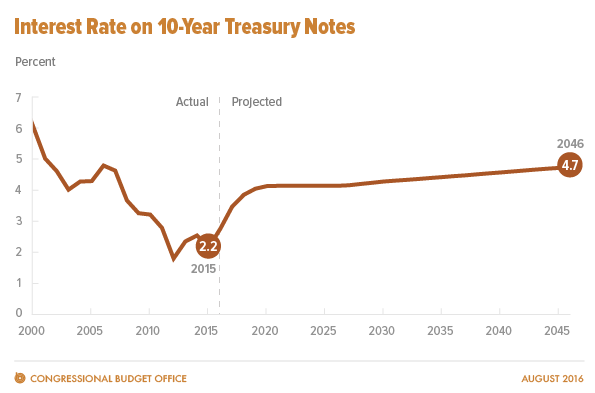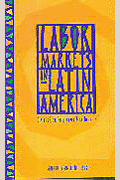Studies in this week’s Hutchins Roundup conclude that labor quality growth will slow over the next decade, “ban the box” policies can backfire, and more.
Labor quality growth is likely to slow
Canyon Bosler, Mary Daly, and John Fernald of the San Francisco Fed and Bart Hobijn of Arizona State conclude that the growth of labor quality has been surprisingly strong over the past 15 years but is likely to slow over the next 10 years. In particular, they find that a divergence in employment rates for high-skilled and low-skilled workers since 2002 increased the average skill level of the workforce, but that this divergence is unlikely to continue and might even reverse. The authors argue that labor quality and labor quantity can be negatively correlated in the short run, suggesting that analysts should examine these factors jointly when projecting potential output growth.
Employers discriminate against disadvantaged groups when criminal histories are unavailable
Jennifer Doleac of the University of Virginia and Benjamin Hansen of the University of Oregon find that “ban the box” policies that prohibit employers from conducting criminal background checks until late in the hiring process are associated with worse outcomes for disadvantaged minorities. They find that these policies decrease employment rates by 5 percent for young, low-skilled black men and 3 percent for young, low-skilled Hispanic men. The authors conclude that, when an applicant’s criminal history is unavailable, employers statistically discriminate against demographic groups that are likely to have a criminal record.
New measure of disadvantage shows wide income gap in academic achievement
Using data on students attending Michigan public schools, Katherine Michelmore of Syracuse University and Susan Dynarski of the University of Michigan find that 8th graders who were eligible for subsidized school meals in every grade score considerably below 8th graders who were eligible in only some grades, who in turn score below those who were never eligible. The authors argue that persistent eligibility for school meals is a better measure of student disadvantage than current eligibility, the conventional measure, and should be used to target scarce resources and to control for student background when evaluating teacher performance.
Chart of the week: CBO projects that interest rates will rise from their current low levels but remain below their average over the past few decades
Quote of the week: “[T]o my eye, market expectations derived from futures prices—which price in about one 25 basis point rate hike through the end of 2017—appear to be too complacent,” says New York Fed President William Dudley
“If the incoming information validates my view of the outlook, then I believe that U.S. monetary policy will likely need to move at a faster pace than implied by futures prices towards a more neutral posture as the labor market tightens further and U.S. inflation rises. Moreover, market expectations may be putting insufficient weight on the possibility that the economy could outperform our expectations, that financial conditions could ease, or that the risks to growth from Brexit and other international developments could fade away. If such events were to occur, this might necessitate a faster pace of adjustment.”
—William Dudley, President, the New York Fed
The Brookings Institution is committed to quality, independence, and impact.
We are supported by a diverse array of funders. In line with our values and policies, each Brookings publication represents the sole views of its author(s).








Commentary
Hutchins Roundup: Labor quality, “ban the box” policies, and more
August 4, 2016